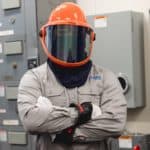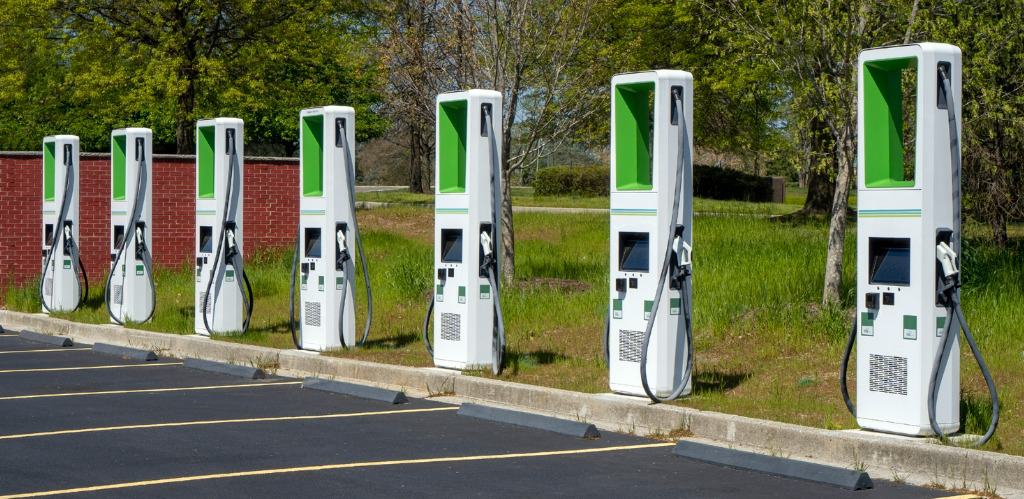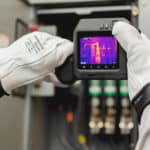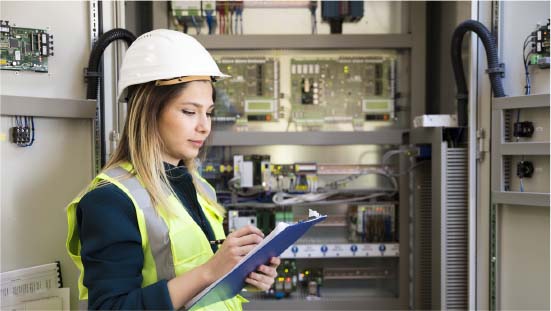The COVID-19 outbreak has created an unprecedented challenge for businesses. Many facilities have been forced to close or decrease production outputs temporarily. Even the facilities that remain open are operating under a great deal of stress and uncertainty. Some of these facilities are also prohibiting visitors or contractors. During these stressful times, combustible dust and other safety and health hazards often become an afterthought or are tabled until things calm down.
While this is understandable, these “forgotten” unmitigated combustible dust hazards can have potentially catastrophic outcomes. In early March, a combustible dust explosion at a food waste recycling facility in North Carolina hospitalized at least five employees with 3rd-degree burns and other injuries. Because the focus has shifted to ramping up or stabilizing production, the probability and severity of incidents like this will likely increase in the months ahead.
SEAM Group understands that even during competing business interests, our clients have an innate need to continue honoring commitments to their health and safety values. To continue providing combustible dust services to our clients, we have adjusted our Dust Hazard Analysis (DHA) service model to accommodate the rapidly changing situation. Although the service model has changed, our commitment to providing the highest quality, greatest value-added DHA continues to be our primary objective.
One of the noteworthy changes to the service model that most interests our clients includes completing the first revision of the DHA report through remote collaboration and information sharing. Rather than visit the facility at the onset of the DHA to gather the applicable information, this exchange can easily occur using technology and communication systems. Gathering this information remotely will allow us to compile and issue the first revision (Rev 1) of the DHA Report. After the report has been issued, SEAM Group will visit the facility to observe the affected processes and equipment, validate the observations, and thoroughly review DHA Report.
The benefits of this new approach include:
- Decreases the cost of the DHA while not affecting the high quality and other aspects of the DHA
- Addresses potential combustible dust fire, deflagration, and explosion hazards using social distancing to limit the spread of COVID-19
- Forces better communication between all affected parties leading to an improved understanding of potentially combustible dust hazards and mitigation methods
- Faster recognition and mitigation of potentially combustible dust hazards
- More concise onsite visit that allows an increased focus on higher severity and complex hazards associated with processes and equipment
- Expedites issuance of the final report
To protect everyone and limit the spread of COVID-19 while visiting the facility, SEAM Group has implemented the following protocols for its Dust Consultants:
- Continually monitor CDC, WHO, and local health department guidelines
- Document temperature measurements daily beginning March 30, 2020
- Documented travel history from March 1 on
- Eliminating physical contact and maintaining a 6-foot distance from all personnel
- Limiting close communication in production areas by holding discussions in conference rooms or other designated areas where able to maintain social distancing.
Although we are dealing with unprecedented public health and economic issues, combustible dust and other safety and health hazards should not be ignored. SEAM Group can assist any facility with performing DHAs, hazard mitigation, training, testing, or any other combustible dust services.





